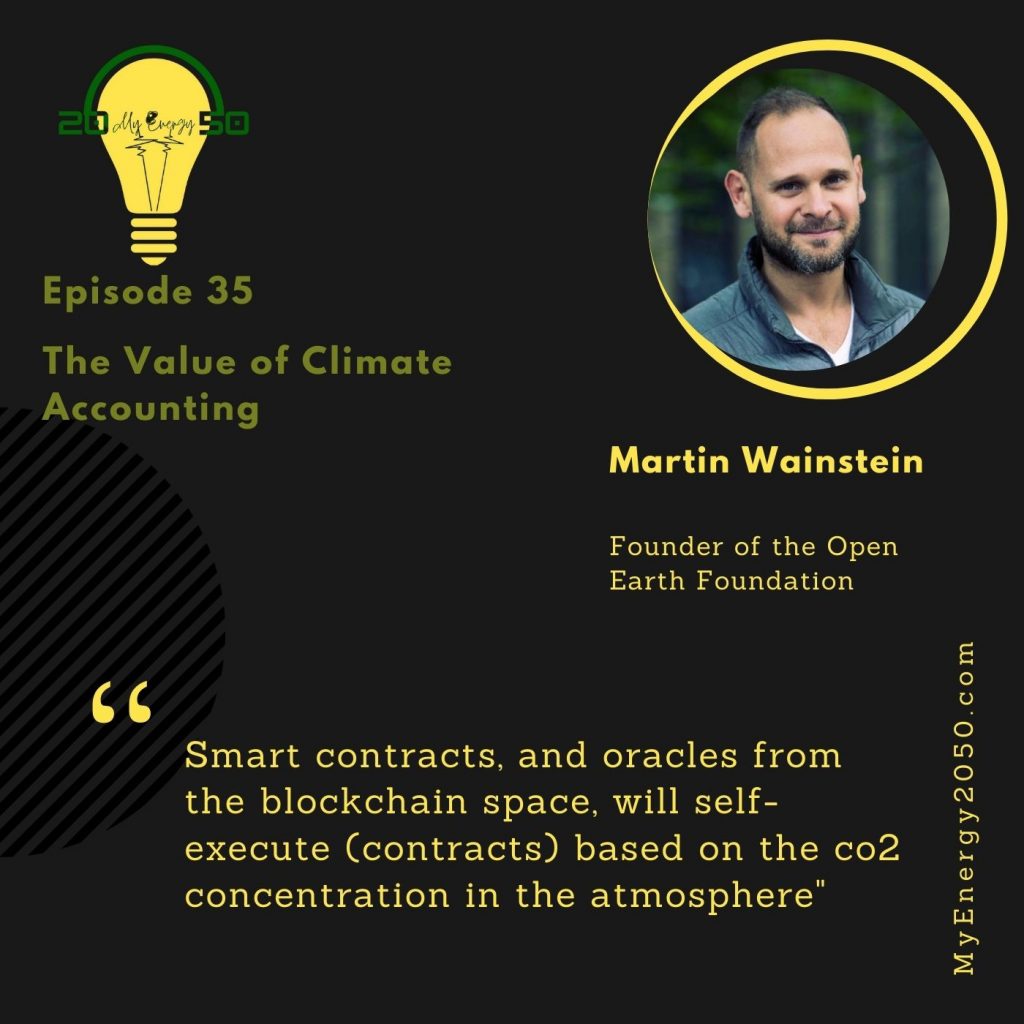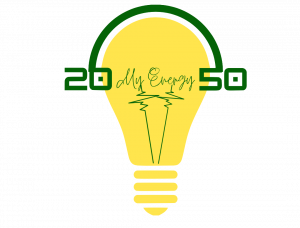This week Michael LaBelle speaks with Martin Wainstein. He is the founder for the YaleOpenLab and the Open Earth Foundation.
Martin is an amazing expert to talk with. He began his experience in the energy sector by delving into an energy business in his native Argentina. For those wondering what the tipping point is between pursuing a business career or pursuing a PhD, Martin provides his insight of how he did both. The result – after many years of work – is his Open Earth Foundation where he is able to be more entrepreneurial in a non-profit setting and can straddle both the research world of academia and the innovative spirit fostered in companies.
The conversation – as many here on the My Energy 250 podcast is wide-ranging. Martin recounts his experience working for clients on energy projects and then framing his experience through research on the theories of energy transitions. Michael and Martin do a slow walk-through of the limits of current energy companies and how they lock-in our present energy system through profit motives.

Martin then enables us to walk through both the basics of blockchain and the long-term potential that remote sensing and blockchain contracts hold. I’ll leave the full explanation for our discussion, but I guarantee you, not many of us grasp the full potential that a digital carbon accounting system offers. I know it is already shifting my research track.
Summarizing the discussion, Martin is both a visionary expert and a well-grounded social entrepreneur. He understands the realities of what can be delivered to communities and taken up by businesses.
Finally, a kind reminder, we do the My Energy 2050 podcast to share knowledge and highlight those contributing to a clean and just energy transition. Please help us spread the word by sharing episodes with the people in your network. We’re all committed to building an effective energy transition and you can help by sharing.
Dr. Michael LaBelle is an associate professor at Central European University in the Department of Environmental Sciences. He produces the My Energy 2050 podcast to change how we communicate and improve the energy transition.
